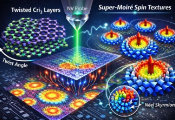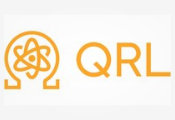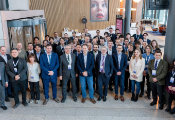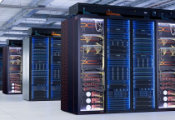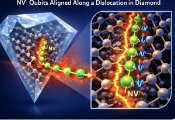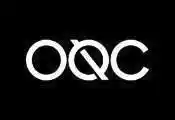Germany Launches Its 1st Hybrid Quantum Computer at Leibniz Supercomputing Centre
MUNICH, June 18, 2024 — In collaboration with the Leibniz Supercomputing Centre (LRZ) of the Bavarian Academy of Sciences and Humanities, the Q-Exa consortium, led by IQM Quantum Computers (IQM), a global leader in building quantum computers, and including Eviden and HQS Quantum Simulation, has integrated a 20-qubit quantum computer into a supercomputer, SuperMUC-NG in Germany.
The 20-qubit quantum processor unit from IQM, based on superconducting circuits, has been combined with conventional computer technology. Connected to each other, SuperMUC-NG and the quantum system are already exchanging orders on a trial basis, proving that the two technologies can work together and be linked even more closely. The hybrid system is now being prepared for everyday operation at the LRZ, and selected researchers will soon be able to access and experiment with it.
Since 2022, the consortium has been working with LRZ. Q-Exa was not set up in a laboratory but is located for the first time in direct proximity to other high-performance computing systems at the LRZ and can soon be used by researchers via remote access for experiments and to develop algorithms or scientific codes.
Q-Exa is the result of the project “Quantum Computer Extension for Exascale HPC” (Q-Exa), which was funded by the German Federal Ministry of Education and Research (BMBF) with more than 40 million euros. The aim of the project was to connect quantum processing units (QPU) based on superconducting circuits to a supercomputer and to develop interfaces and control tools for this purpose. Through innovative co-design and cooperation between science and industry, science and research should gain access as quickly as possible to a promising future technology that enables new computing methods.
Q-Exa lays the foundations for researching and further developing quantum computing and for accelerating HPC through QPUs. In addition to the hybrid Q-Exa system, specialists at the LRZ and partner institutions of the Munich Quantum Valley also developed the prototype of the Munich Quantum Software Stack (MQSS). This integrates quantum systems into the workflows of supercomputers and is supplemented by other quantum technologies. In addition to the hardware, this program package will soon be available to researchers as an open-source version.
Q-Exa benchmarks:
- 20-qubit quantum processor unit.
- Quantum Volume (QV) 32.
- Entangled Greenberger-Horne-Zeilinger (GHZ) state of 19 qubits without readout error mitigation.
- Fully entangled 20 qubit GHZ state with readout error mitigation.
- A median two-qubit (CZ) gate fidelity of 99.46% across 30 qubit pairs, with maximum fidelity over a single pair reaching as high as 99.74%.
- A median single qubit gate fidelity of 99.94% across 20 qubits, with maximum fidelity over a single qubit reaching as high as 99.95%.


